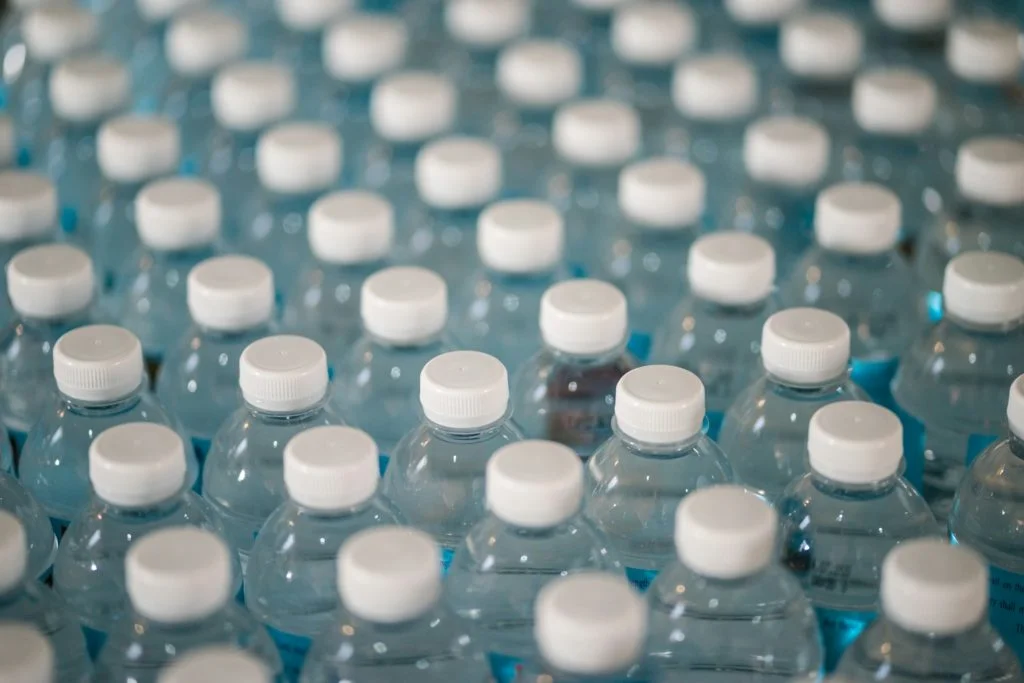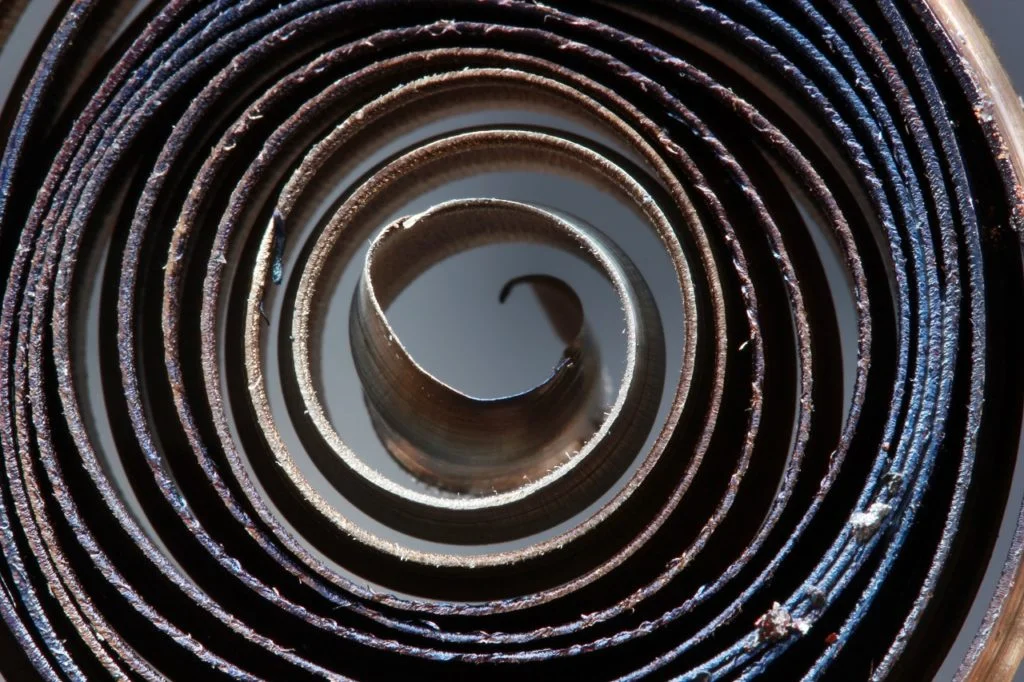Plastic waste is a growing problem in the UK, with over 2.5 million tonnes generated yearly. Most of this waste goes into landfills or is incinerated, negatively impacting the environment. This is why recycling plastic is becoming increasingly crucial for the environment, businesses, and individuals looking to profit from it.
The point of recycling plastic is to reduce the amount of plastic waste that ends up in landfills or is incinerated, reducing the environmental impact of plastic waste. Recycling plastic has become profitable in recent years, with many businesses and individuals taking advantage of the growing demand for recycled plastic. The cost of recycled plastic is often cheaper than new plastic, making it an attractive option for manufacturers. Recycling plastic also has the potential to reduce waste disposal costs for businesses and individuals, making it a financially beneficial choice. This goes deeper than most realise, so we will discuss the details in this article.
How Is Recycling and Plastic Profitable?
Recycling plastic is profitable because it creates a new supply of raw materials that can be used to produce new products. This reduces the demand for virgin materials, which can be expensive to extract and process. Additionally, recycled plastic is often cheaper than new plastic, making it an attractive option for manufacturers. This is because the cost of recycling plastic is lower than that of extracting and processing new plastic.
The profitability of recycling plastic depends on several factors, including the type of plastic, the quality of the recycled plastic, and the market demand for recycled plastic. Generally, the profit margin for recycling plastic is around 10-20%, although this can vary depending on the above factors. Setting up your own recycling business will require some initial investment, but it can be a worthwhile investment with the potential to make a steady income over time.
Types of Recyclable Plastics
Not all plastics are recyclable, so you must know which types can be recycled. The two most commonly recycled types of plastic are:
High-Density Polyethylene (HDPE)
HDPE is a plastic commonly used to make milk jugs, juice bottles, and other similar containers. It is strong, durable, and resistant to chemicals, making it a popular choice for packaging materials. HDPE is recyclable and can be melted down and used to create new products such as plastic lumber and recycling bins.
Polyethylene Terephthalate (PET)
PET is a type of plastic commonly used for food and beverage packaging, such as water bottles, soda bottles, and food containers. It is a lightweight and strong plastic that is also resistant to chemicals. PET is also recyclable and can be melted down and used to create new products such as clothing, carpet, and insulation. However, it is worth noting that PET can release harmful chemicals if heated or exposed to certain conditions, so it must be recycled properly.
How Recycling Plastic Saves Business Costs
Reprocessing plastic can save business costs in several ways. For one, using reprocessed plastic in producing new products can be cheaper than using virgin plastic. This is because reprocessed plastic is often less expensive than new plastic and may require less processing energy. Consequently, it can reduce waste disposal costs by reducing the amount of waste they generate, lowering their fees.
By extension, reprocessing plastic can help businesses meet sustainability goals. Many consumers and investors are increasingly concerned about the environmental impact of the products they buy and the companies they invest in. By reprocessing plastic, businesses can demonstrate their commitment to sustainability.
Reducing Your Waste Disposal Costs (and creating a revenue stream)
Choosing to reprocess plastic will help to reduce waste disposal costs for businesses and individuals. By reprocessing plastic, you can reduce the amount of waste that ends up in landfills or is incinerated, which can be costly. It’s possible to create an extra income stream for your business if you choose the right partner for your post manufacturing plastic waste.
Conclusion
Embracing the reprocessing of plastic presents a lucrative opportunity for businesses to consider. While it may appear as a modest endeavor, reprocessing plastic holds the power to make a substantial environmental impact by curbing waste and preserving precious resources. By reducing waste disposal expenses and actively contributing to a sustainable future, businesses can not only enhance their revenue streams but also play a pivotal role in forging a greener tomorrow.
Pulse Plastics provides top-quality services for reprocessing plastic. We convert plastic rubbish into reusable pellets with manufacturing applications to reduce environmental impact. Call us today at +44 (0)1495 233 540 and allow us to help you!


